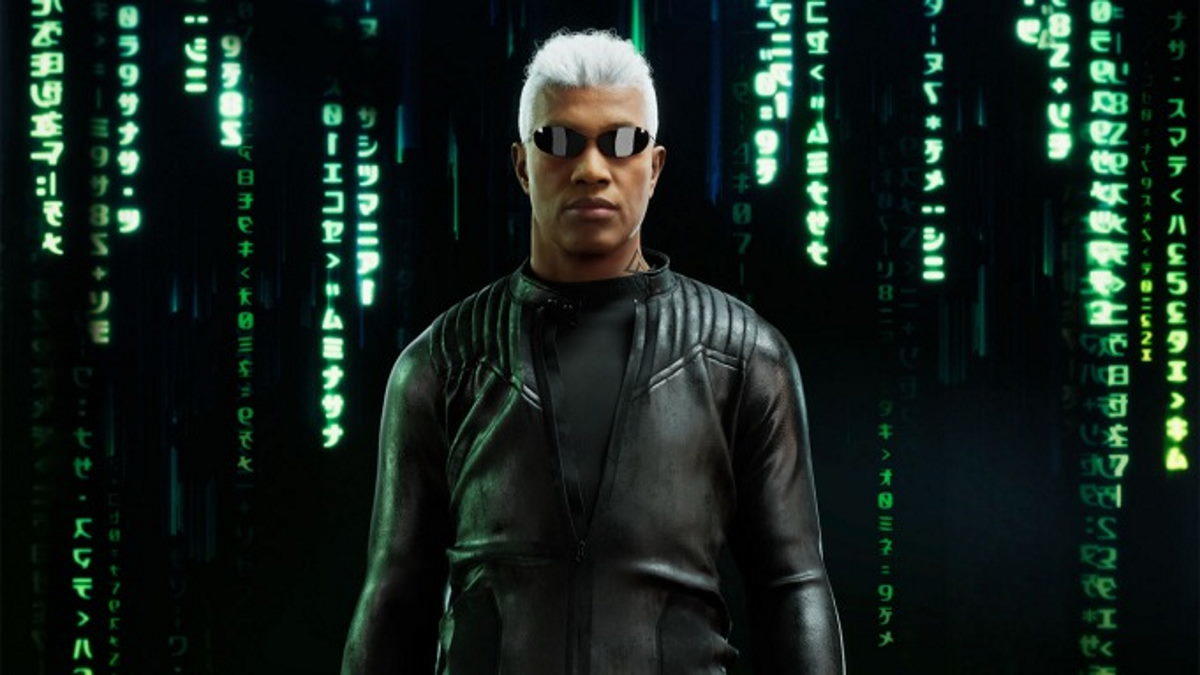The Matrix: Resurrections Getting Transforming NFT Avatars
Following up on its previous DC FanDome and Dune premiere offerings, Warner Bros. has detailed its plans for new NFTs based on The Matrix: Resurrections. This month, Warner Bros. will allow fans to buy unique avatars from The Matrix universe. According to The Hollywood Reporter, in partnership with Nifty, Warner Bros. will create 100,000 avatars that sell that at $50 each starting on November 30th. These avatars represent characters as they exist in the Matrix. On December 16th, buyers can choose to take a "Blue Pill," keeping their avatars in the Matrix, or take a "Red PIll," unplugging their avatar from the Matrix and transforming them into a resistance fighter. Other changes are planned for the future, allowing future upgrades to the avatars or for participants to earn additional NFTs.
"We really think that theme, of digital identity, and choice, and owning that identity, resonates with the themes in The Matrix franchise," says Jeff Marsilio, CEO and co-founder of Nifty's. "It was an opportunity to take what was already a grassroots movement with the NFT avatar, and take it further mainstream."

Pam Lifford, president of Warner Bros. Consumer Products, says that NFTs "has potential to be a long running part of our global portfolio of products and experiences for fans. If you think about all the ways fans of content can interact with their favorite characters and stories in 2021 – retail stores, theme parks, social media, collectibles, online shops – digital art and collectibles are certainly on that list now. It's another touchpoint for fans to engage, and another way we can entertain and provide great content."
The Matrix project is distinct from other, similarly licensed NFTs in that these avatars are not characters from The Matrix: Resurrections, but other characters who exist in the same universe. "Given that enthusiasm [for the franchise], and the very nature of what the Matrix story and settings are about, an NFT program seemed perfect," Lifford says.
NFTs (non-fungible tokens) recently became a popular trend. Their embrace by corporations remains controversial. NFTs are digital certificates of authenticity that prove the copy of an image they're attached to is the creator-sold authentic "original." Many critics note that NFTs pose a threat to the environment. NFTs and cryptocurrencies that use the same technology draw considerable power to their servers. They need that power to run the recurring programs that verify the "proof-of-work" to determine each work's uniqueness. Palm claims its blockchain offers a 99.99% reduction in energy usage compared to Proof of Work systems.
What do you think? Let us know in the comments.
0comments